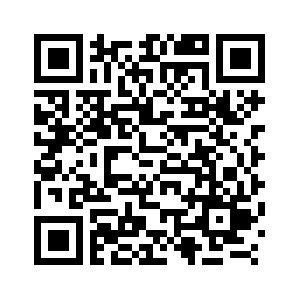UN trade official warns U.S. tariff policy extends global uncertainty
Source: Xinhua
Editor: huaxia
2025-07-09 00:28:30
GENEVA, July 8 (Xinhua) -- A leading United Nations economist has warned that the U.S. decision to extend its "reciprocal tariffs" pause from July 9 to Aug. 1 actually prolonged the period of uncertainty, undermining long-term investment and business contracts, and creating further uncertainty and instability.
Pamela Coke-Hamilton, executive director of the International Trade Centre (ITC), told a press conference on Tuesday that the prolonged uncertainty is having "real-world consequences," particularly for the world's least developed countries. Such countries as Lesotho, Laos, Madagascar, and Myanmar are set to face levies between 40 percent and 50 percent, she added.
She also highlighted what she described as a "dual shock" for developing nations, increasing tariff uncertainty combined with shrinking development aid.
According to data cited from Oxfam, G7 countries, responsible for roughly 75 percent of all official development assistance, are expected to cut their aid spending by 28 percent in 2025 compared to 2024. This would mark the largest reduction since the G7's formation 50 years ago.
"In short, in today's context, a perfect storm is brewing -- just as trade becomes more unpredictable, external support through aid is also shrinking," said Coke-Hamilton.
When asked about the implications for the U.S. economy, she said the long-term strategy remains unclear, but warned of potential negative impacts down the line.
In contrast, Coke-Hamilton praised China's recent announcement of full tariff-free access for African countries with diplomatic ties, calling it a "major development." ■



